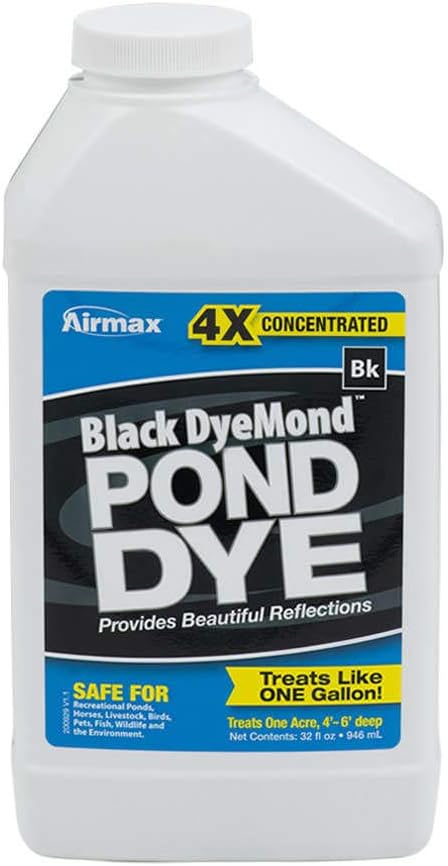The River Otter is a rather large predator of fish of all kinds. In a pond they are devastating because the fishing is so easy. Their fishing style is detailed below. River Otters tend to live on river banks and if your pond is near a river, your odds of a terrible encounter increase radically. IF the River Otters find your pond and fish, expect extremely heavy if not total mortality.
So. Let’s open by saying, “You Probably Can’t Actually Kill or Remove The River Otters.”
But you can control them. They are visual hunters and prefer to hunt at Dusk or Dawn. And they don’t depend on the fish being asleep. They do benefit from the fish being trapped in a pond because they get endless “try after try” to catch the fish.
The “fix” for River Otters is at the end of the article. But here is my personal experience, unadorned.
Hi group. Help needed. In almost 30 yrs of dealing with pond predators I’ve never experienced otters. Until recently. I just had a client’s pond get completely wiped out overnight. 30+ koi, most over 18″. Caught the bastards on security camera. All of the fish torn to pieces and eaten except for two that are severely injured and now back at my shop in a salted tank. Client is completely devastated, I’m worried because my house and pond full of koi is only a couple of miles away. Traps have been ordered. I think they got another client’s pond last fall. Anybody have a deterrent? I’m shooting on sight, protected species or not, but they’re nocturnal and very sneaky. Thank you in advance
When my entire collection was wiped out by River Otters in 2009-10 I was stunned. They are amazing hunters, the style is to push off the bottom and bite off the tails of the biggest fish. When the fish is helpless they drag it away to the kits. A “family” of River Otters is the end of you. They will stay near the pond and eat until it’s empty. And if you restock too soon, you are only feeding them. If you try to shoot them, it is a fool’s errand because you will puncture the liner where they stand. Additionally, they really don’t like daytime hunting. I had the US FIsh and Wildlife Service out (well, a friend of mine was a ranger hahahaha) and he came out and said I needed traps. There was scarecely anything else that would work. That if you can find where they come in, and put one of the guillotine traps in that path, you got ’em. Problem was that the pond had a dozen points of safe ingress. At the time they did not have the kind of motion detectors they have now. My “Blink” camera is battery powered and can detect a squirrel and Mocking bird. I know, I’ve seen it do it. At THAT rate you could, potentially murder the perpetrator, -OR- get the metrics needed to place your trap propitiously. I wish you luck. I never defeated the Otters. They defeated me in three re-stockings. They even think Feeder Goldfish, and Catfish & Bass fry are worth eating.
The question was posed to a group of top pond installers and maintenance experts, and the consensus was POND DYE. Different ideas such as motion detectors, specialized electric traps, getting a dog (which doesn’t usually work) and more. But 3 out of four of the recommendations were black dye. And that makes sense because River Otters are absolutely VISUAL feeders. Here’s Pieter:
Pieter van Westervelt – Top Contributor
“Unfortunately the best thing is pond dye. If they can’t see their prey they move on. And even worse is they will continue hunting a pond for years once they know it’s a food source. So I wouldn’t rush to restock your clients pond, and when you do use the black dye.”
Jeff Chudek Moderator
Top Contributor
I’ve heard electric fencers work for otter/mink as well. Not sure how we would do with snow.
Dennis Rodriguez
A member of our local koi club had the same thing happen to him three years ago. We had a very cold winter that year and apparently the otters had very little wild food available in their habitat so they got out their norma hunting grounds and wiped his pond. He installed an electric fence/wire all around his pond perimeter and also on top of his property fence and I don’t think he has had any other otter attacks in three years.
Ian Menzies
The fence you see in the back ground is electrified. The galvanised mesh at the base is buried a foot in the ground. This was installed a few years ago and seems to work well.
Marvin Siderius Top Contributor
We have a few ponds with electrical fences. Average voltage 6800 V. Use a digital tester and test at many spots.
So far so good. Make sure all areas are covered.
We typically run 3-4 wires.







